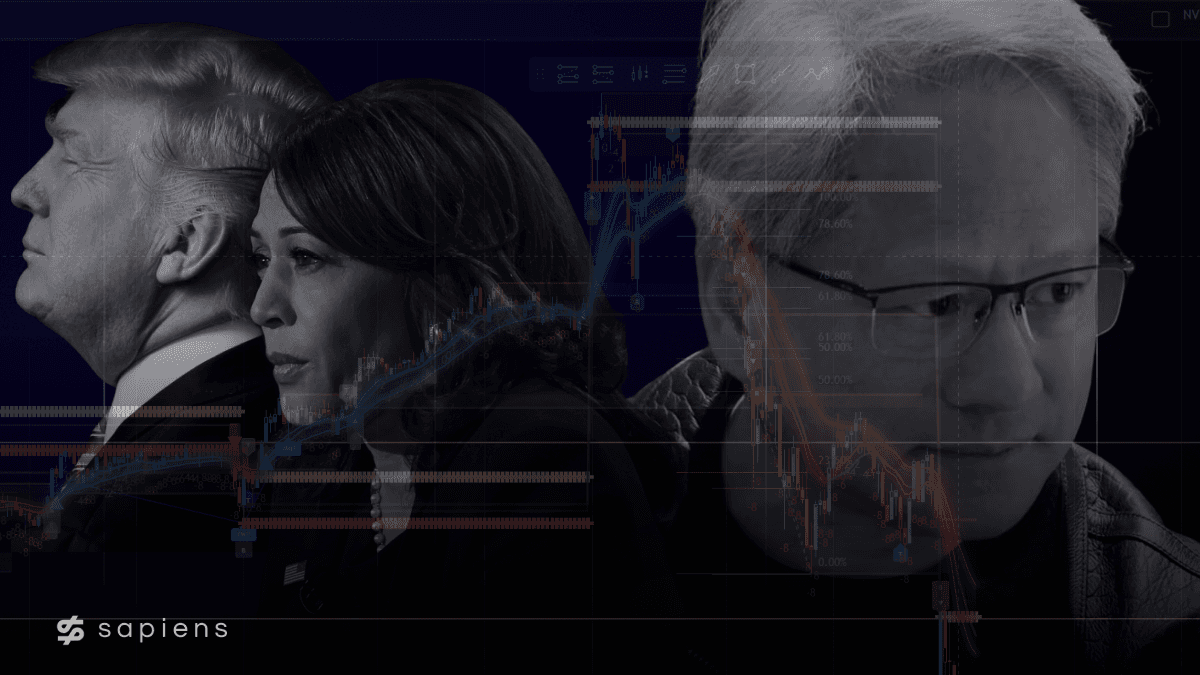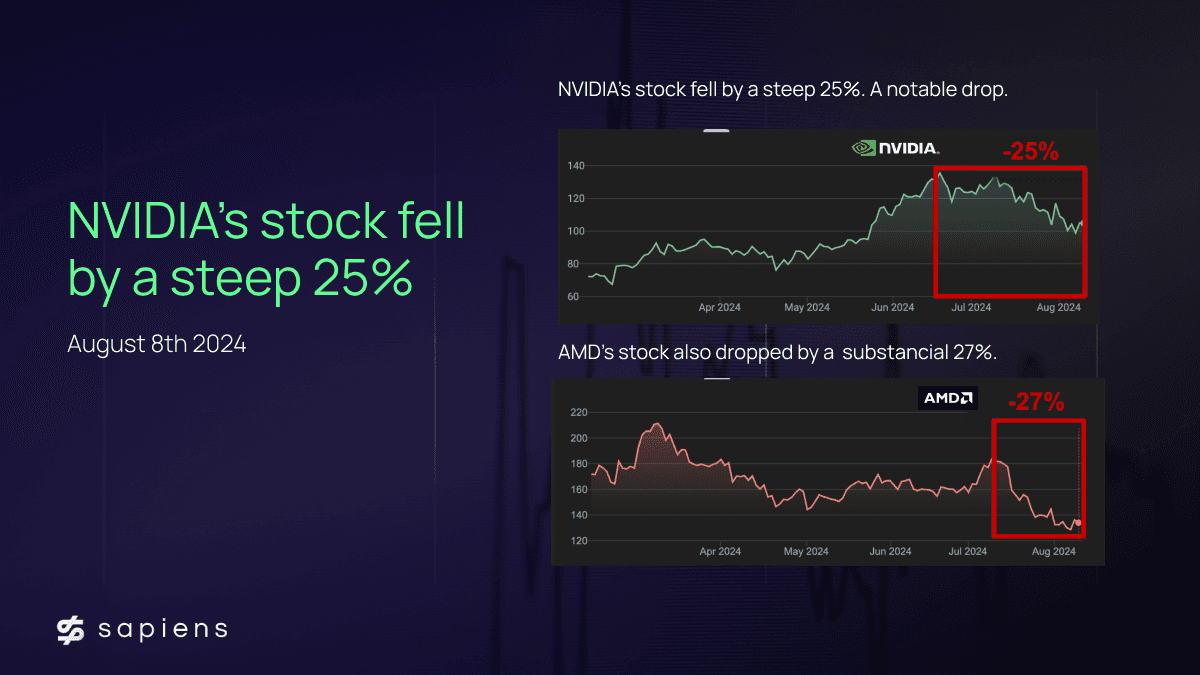Monitor Industry-wise market value
Knowing how to monitor the market in uncertain times like these, is crucial. If a company only focuses on marketing trends without looking at the macro ones, then it might be missing quite a lot of data, and misread the market, which can translate into a lower ROI than expected.
Things like the stock market crash and industry news can be very good indicators of where attention is expected to shift to in the long/short term but also momentarily like what’s happening now with the elections. Although, if it’s something like a concert or the superbowl, which the attention shifts tend to only last for the day of the event or a week, but not more than that, then you should not pivot so aggressively as if such events were to last for months, which would call for a complete shifts in marketing strategy.
Therefore, avoid basing your marketing planning solely on competitors or current trends; focus instead on macroeconomic factors.
Plan for Post-Election Recovery
Although the market is somehow unstable and will most likely continue to be so until election day or some time after, it must be noted that market volatility is often temporary, especially if this is influenced by elections and the geopolitics trends this might cause.
There will still be a lot of question marks even after the elections, no matter who the winner is. This is because of new foreign policies as well as new scenarios thought to cope with a potential upcoming recession. If this is the case, consumers will cut their spending as well, which means during the first months of 2025, we might still experience a shy market, but once that starts fading away, more aggressive strategies like PPC might be oversaturated, as well as the presence of product launches, and even rebrandings.
When the time comes, a re-evaluation of the situation is crucial, instead of blindly jumping on strategies that previously worked, because the market is plastic, and keeps evolving. Something that worked yesterday might not work tomorrow.
Therefore strategies that are best to be avoided during the current situation, should be considered and if the market allows it, implement it gradually. These can range from paid media, major rebranding, doubling down on content marketing, to community building or even executing and promoting the expansion to new markets.
Conclusion
As the election approaches and the market remains fragile, you should adopt a cautious yet strategic approach to your marketing operations. This involves saving resources for more stable times, as well as focusing on organic and less risky marketing channels, and closely monitoring industry trends. The post-election period will likely offer opportunities for recovery. That said, it’s key to re-evaluate the situation before implementing strategies that worked in the past. By gradually reintroducing more ambitious campaigns, companies can effectively capitalize on the market’s eventual return to normalcy while minimizing risks.






